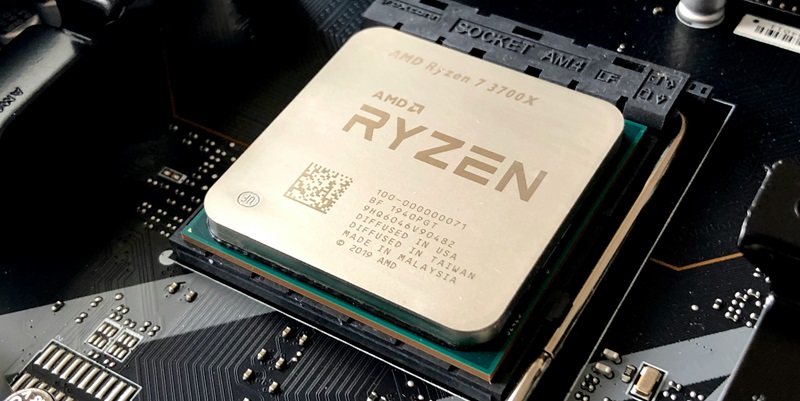In recent months, a series of significant stability issues have plagued visual effects (VFX) studios using Intel’s latest Core i9 processors, specifically the 14900K and 13900K models. These problems have not only disrupted workflows but have also necessitated a substantial shift in hardware preferences among industry professionals. Studios like ModelFarm have been hit particularly hard, experiencing a failure rate as high as 50% with Intel’s CPUs. Such high failure rates have prompted many companies to start adopting AMD’s Ryzen 9 9950X chips even before their official release. These issues are not isolated incidents; similar instability reports have come from game studios such as Alderon Games, which noted a 100% crash rate with Intel desktop CPUs when running Unreal Engine. The widespread nature of these issues has spotlighted Intel’s Oodle compression algorithm within Unreal Engine workflows as a major point of failure.
Intel’s Acknowledgment and Its Attempts at Rectification
Intel has admitted to these stability issues and has pointed to elevated operating voltages and problematic microcode algorithms as the culprits. These faulty algorithms send incorrect voltage requests to the CPU, resulting in instability. To mitigate these issues, Intel announced the release of a microcode update scheduled for mid-August. This solution aims to address the root causes and improve the stability of their Core i9 processors. However, the full extent of these problems is still unknown, and the industry is left waiting to see if Intel can successfully implement these fixes. Despite Intel’s acknowledgment of the problems, the company has contested claims that similar issues plague their laptop processors, which adds another layer of complexity to the overall situation.
Dylan Browne, an Unreal Engine supervisor at ModelFarm, has provided further insights into the nature of these stability issues. He noted that some Intel processors exhibited signs of instability almost immediately, while others displayed symptoms gradually. Efforts to resolve these issues by adjusting power limits and tweaking motherboard settings were ultimately unsuccessful. ModelFarm’s affected systems reportedly used Asus ROG motherboards, although the specific models weren’t disclosed, and BIOS updates were pending at the time of reporting. These challenges create a significant stumbling block for Intel and highlight the urgency of a viable solution to regain the industry’s confidence.
The Shift Toward AMD Ryzen Processors
The continuous stability problems experienced by VFX and game studios using Intel CPUs have led to a noticeable shift toward AMD’s Ryzen processors. Studios are increasingly adopting the upcoming Ryzen 9 9950X processor as a more stable alternative. Some companies have even started to deploy these AMD chips before their official release, indicating a growing preference for AMD over Intel in professional settings. This transition could mark a substantial industry trend, especially if Intel fails to address the stability issues effectively with its mid-August microcode update.
The upcoming Ryzen 9 9950X processor from AMD is being seen as a reliable replacement for the unstable Intel systems. The VFX and gaming studios that have switched to AMD have reported fewer issues and increased stability, which is essential for their demanding workflows. This shift could signal a significant competitive shake-up, providing AMD with an opportunity to gain market share in the professional sector. Furthermore, the increased adoption of AMD processors highlights the industry’s willingness to pivot quickly to ensure seamless and efficient operations.
Industry Concerns and Future Implications
The persistent stability issues faced by VFX and game studios using Intel CPUs have triggered a noticeable shift towards AMD’s Ryzen processors. Increasingly, studios are opting for the soon-to-be-released Ryzen 9 9950X processor as a more stable option. Some companies have even started deploying these AMD chips ahead of their official release, highlighting a growing preference for AMD over Intel within professional environments. Should Intel fail to resolve these stability issues with its upcoming microcode update slated for mid-August, this transition could become a significant industry trend.
AMD’s forthcoming Ryzen 9 9950X is being positioned as a reliable alternative to the problematic Intel systems. Studios that have made the switch report fewer stability issues and better overall performance, crucial for their demanding tasks. This movement could signal a major competitive shift, giving AMD a significant opportunity to capture market share in the professional sector. The rapid adoption of AMD processors underscores the industry’s readiness to change course swiftly to maintain efficient and uninterrupted operations.

